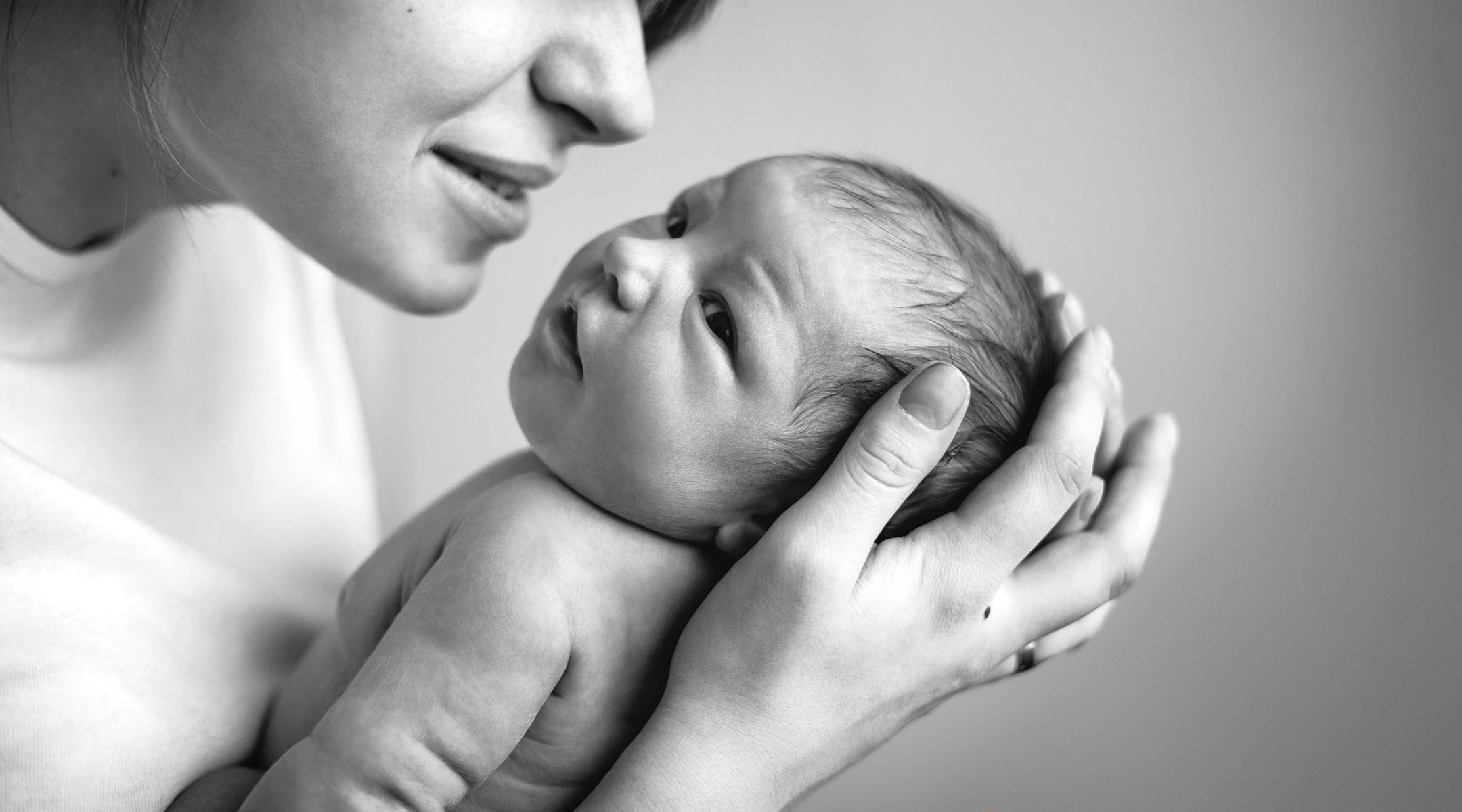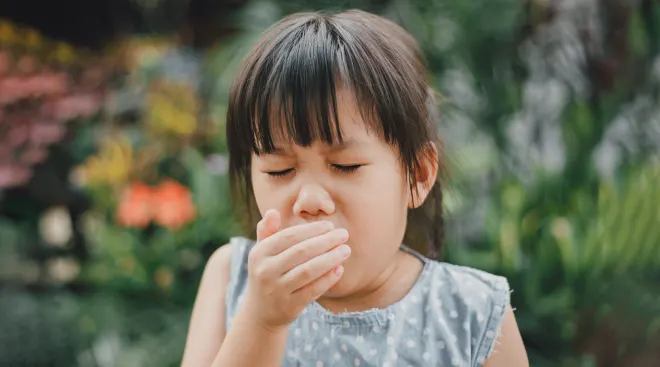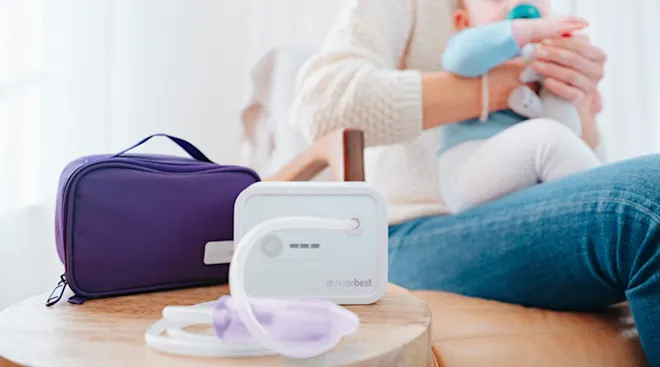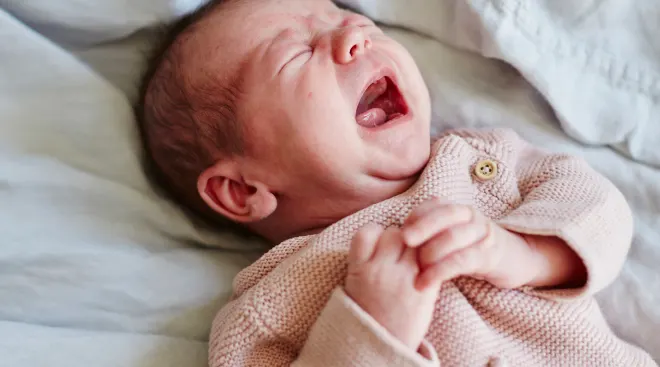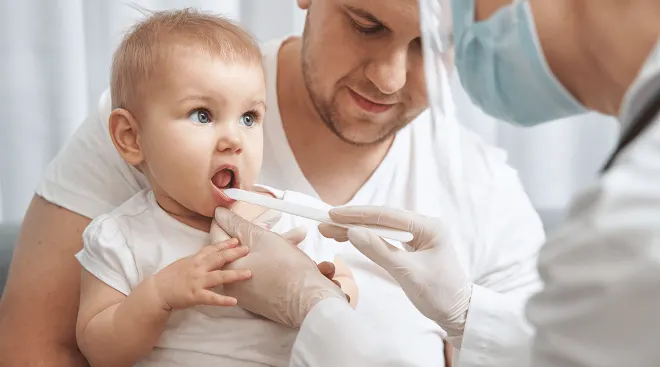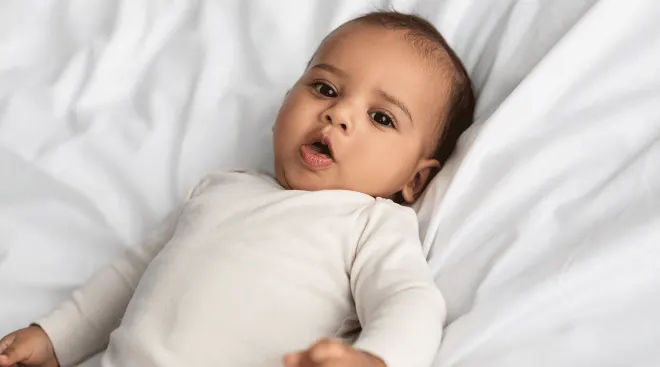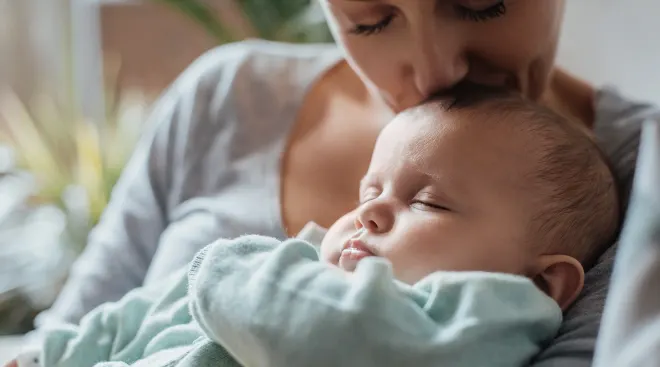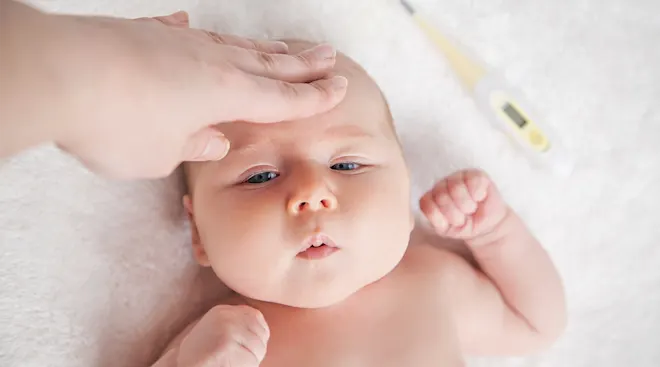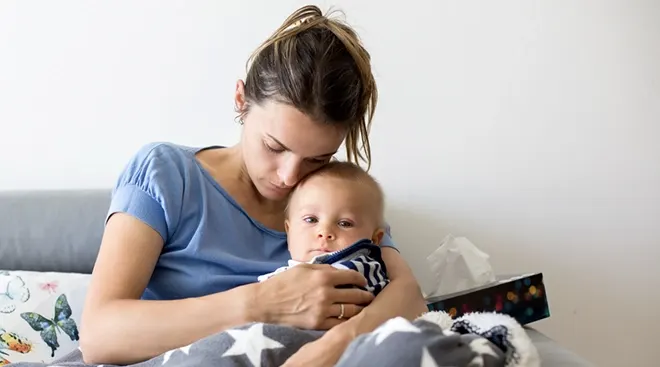First Days Home With Baby: Signs to Call the Doctor
Most newborns are perfectly healthy, and your parenting instincts kick in pretty quickly, so chances are you’d know if there was a serious problem. Of course, you can call the doctor any time you’re even a little concerned. But you should definitely pick up the phone if you notice any of these issues.
No, you don’t need to check baby’s temperature if everything seems fine, says Janelle Aby, MD, medical director of the Well Baby Nursery at Lucile Packard Children’s Hospital Stanford and clinical associate professor of pediatrics at Stanford University School of Medicine. But you should if there are other symptoms (especially those below) you’re worried about, or baby’s skin feels warm or cool to the touch. For a newborn, a fever is considered 100.4 degrees Fahrenheit or higher; a temperature is too low if it’s under 97.7 degrees Fahrenheit and also warrants a call to the pediatrician.
Newborns shouldn’t refuse to eat, says Aby, especially if two to three hours have gone by since the last feeding. Check baby’s diapers. If the number of wet ones decreases, they could be dehydrated.
If baby’s skin or eyes become increasingly yellow, they have jaundice, which means they have high levels of bilirubin (a naturally occurring substance that gives bile that yellowish color) in their blood. In mild cases, baby’s jaundice will go away on its own with plenty of feedings, but in more severe cases, baby may need light therapy treatment at the doctor’s office or hospital.
Two more symptoms Aby says to look out for are green spit-up (could signal an intestinal problem) and blood pretty much anywhere (including poop, spit-up and around the circumcision area). In those cases, “baby needs to be evaluated promptly in case treatment is necessary,” she urges.
This goes without saying, but if you think baby’s not breathing okay—such as breathing rapidly, wheezing or experiencing retractions when trying to inhale—it’s an emergency situation, says Alanna Levine, MD, pediatrician at Orangetown Pediatric Associates and spokeswoman for the American Academy of Pediatrics. Call the doctor and head to the emergency room.
Okay, we told you what’s most concerning. Now, here’s what might seem scary but isn’t necessarily a problem.
Baby hasn’t pooped
Not pooping for a day or two can be normal if baby seems otherwise healthy and is peeing normally, Aby says. If the poop finally comes, and it looks normal (not hard or pellet-like), baby isn’t constipated.
There’s a pink-orange smudge in the diaper
This may look like blood but it’s not. “The discoloration, which can appear in the pee-soaked area, is caused by urate crystals which are normally present in urine,” says Aby. “Usually the color disappears after the first week or so when urine flow increases.”
Or even a little blood
“Here’s the one exception to the general rule of ‘worry if anything is bleeding,’” says Aby. Some baby girls have vaginal bleeding that starts three to five days after birth and continues for a few days. It’s caused by the change in hormone levels due to her birth. Blood should only be about the size of a nickel or quarter, Aby says. And while it’s not cause for concern, if it concerns you, you can still have the pediatrician confirm it’s normal bleeding.
Baby’s eyes look crossed
Especially when baby is sleepy, you might notice their eyes’ alignment is a little off. “Newborns have relatively weak eye muscles, so babies who are less than two months old will often have moments when their eyes cross or diverge,” Aby says. Only if you still notice it happening at six months is it an issue.
Please note: The Bump and the materials and information it contains are not intended to, and do not constitute, medical or other health advice or diagnosis and should not be used as such. You should always consult with a qualified physician or health professional about your specific circumstances.
Plus, more from The Bump:
Janelle Aby, MD, is the medical director of the Well Baby Nursery at Lucile Packard Children’s Hospital Stanford and clinical associate professor of pediatrics at Stanford University School of Medicine. She recevied her medical degree from the University Of Virginia and completed her residency at Stanford Health Care at Lucile Packard Children's Hospital.
Alanna Levine, MD, is pediatrician at Orangetown Pediatric Associates and spokeswoman for the American Academy of Pediatrics. She completed her medical degree at the Sackler School of Medicine in Tel Aviv, Israel and her residency at Mount Sinai School of Medicine in New York City.
Learn how we ensure the accuracy of our content through our editorial and medical review process.
Navigate forward to interact with the calendar and select a date. Press the question mark key to get the keyboard shortcuts for changing dates.
Advertisement
Advertisement
































